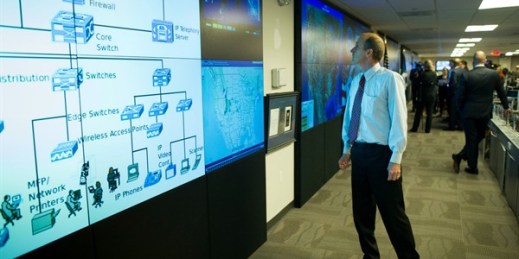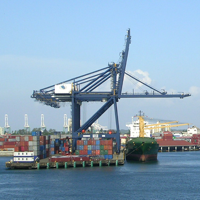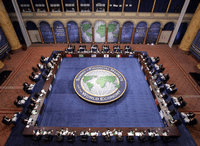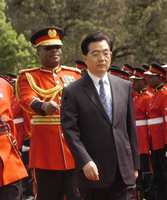
The cables were cut multiple times, despite being buried beneath the Mediterranean seabed, five miles off the Egyptian coast, near Alexandria. As a result, Internet finance and commercial traffic stalled in at least 10 Middle Eastern and Asian countries in early 2008. More than 80 million Web users in India, Pakistan, Egypt and Saudi Arabia had connection problems. Egypt and Pakistan alone lost 70 percent of their digital connections to the outside world. “It even affected [U.S. Central Command],” said James Lewis, director of the technology and public policy program at the Center for Strategic and International Studies (CSIS), a […]





